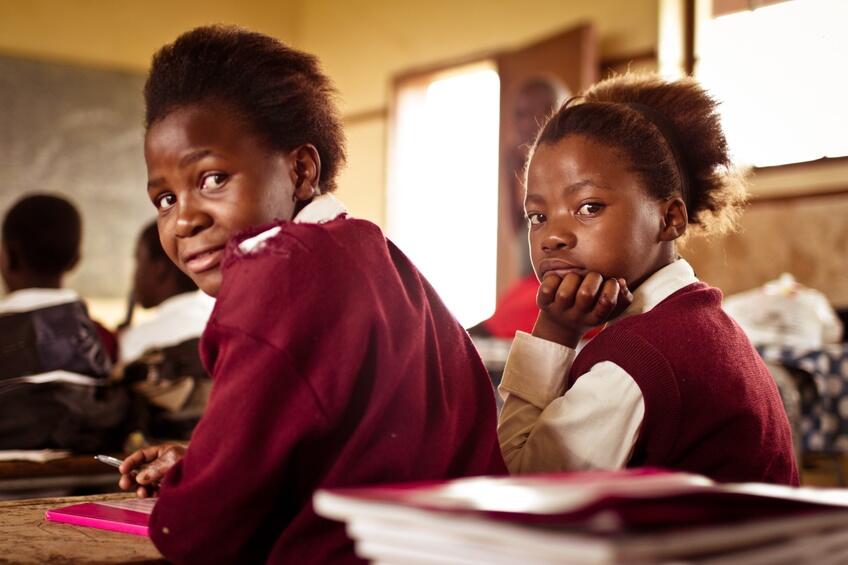
Do school-based interventions prevent HIV, sexually transmitted diseases and pregnancy? This is the question asked by researchers from the University of York, South African Medical Research Council and Stellenbosch University in a Cochrane review published this week.
Sexually active adolescents in some countries, particularly girls, are at high risk of contracting HIV and other STIs; while early, unintended pregnancy can have a major impact on the lives of young people. School-based sexual and reproductive health programmes are widely accepted as an approach to reducing high risk behaviour, given that the school environment plays such an important role in the development of young people. Curriculum based sexuality programmes are popular in many countries and, while there is some evidence that they can improve knowledge and reduce self-reported risk-taking, this review evaluated the number of young people who contracted STIs including HIV, and on the number of adolescent pregnancies.
The group of independent authors included eight cluster randomised trials with a total of more than 55,000 participants, to assess the impact of school-based interventions. The authors included trials carried out in sub-Saharan Africa, Latin America and Europe; six trials evaluated school-based interventions while two evaluated incentive-based programmes aimed at encouraging students to stay in school.
“As they are currently carried out, education programmes alone probably have no effect on the number of young people infected with HIV, other STIs or the number of pregnancies,” said Dr Amanda Mason-Jones from the University of York, the lead author of the review, “especially if condoms and contraceptives or other health service provision are also not freely available to young people.”
The review showed that in those studies which provided incentives, such as free school uniform or small cash payments to young people who stay in school, that while there was no definitive change in the number of HIV, one showed a reduction in other STI infections, and overall there was a significant reduction in adolescent pregnancies, although more high quality evidence is needed to confirm this.
“Previous studies have focussed on self-reported outcomes only. Our’s is the first review and meta-analysis that has included only measurable biological outcomes.” Continued Dr Mason-Jones, “It is clear that there needs to be further high quality research undertaken in this area so that policy makers can be better informed as to the best way to keep young people, especially girls, in education for longer. Schools or further education and training facilities may provide a positive environment for information and guidance about healthy relationships, but this needs to be combined with the appropriate health services that meet the needs of young people and help improve their life chances.”
The Cochrane review was co-ordinated by the Cochrane Infectious Diseases Group (CIDG), based at the Liverpool School of Tropical Medicine. The CIDG has been in operation since 1994, led by Professor Paul Garner, and is supported by over 600 authors from 52 countries.
You can read the review in full here.